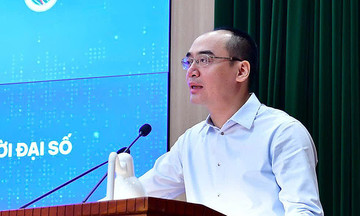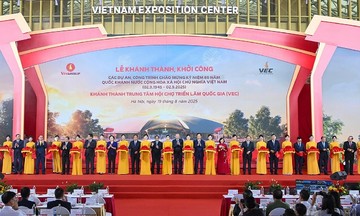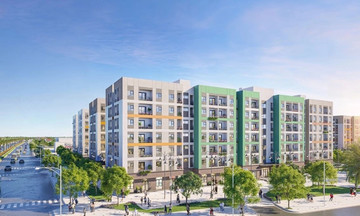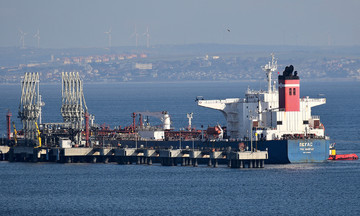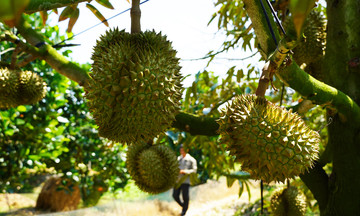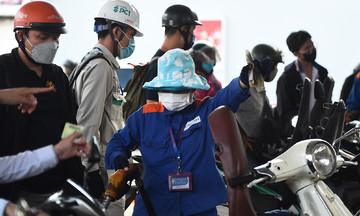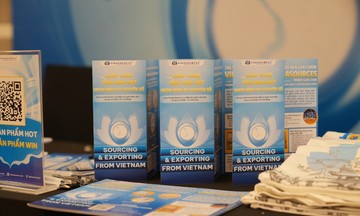During a government meeting with various ministries and sectors on 23/6, officials discussed the escalating conflict in the Middle East and its direct impact on the global economy. Rising oil and energy prices, disruptions to global trade and transportation, and increased inflation risks were among the key concerns.
While Vietnam's economic, trade, and investment ties with the Middle East are not extensive, the domestic economy will likely be affected, particularly in transportation and import-export activities. Businesses may face challenges, and consumption in several countries, including some of Vietnam's major trading partners, could decrease.
Prime Minister Pham Minh Chinh emphasized the need for proactive preparedness and directed ministries, sectors, localities, and businesses to remain vigilant amid the rapidly changing global landscape. He viewed this as an opportunity for Vietnam to further restructure its economy towards a green, rapid, and sustainable model; diversify markets, products, and consumption patterns; and promote entrepreneurship and national unity.
Vietnam aims for at least 8% growth this year to lay the foundation for double-digit growth in the next phase. This will be accompanied by macroeconomic stability, controlled inflation, and balanced major economic indicators.
"Vietnam will not change its set targets," the prime minister stated, urging ministries, sectors, localities, and businesses to closely monitor the situation and implement proactive adaptation measures. He also emphasized the need to revitalize traditional growth drivers (investment, exports, and consumption) and foster new ones (science, technology, innovation, and digital transformation).
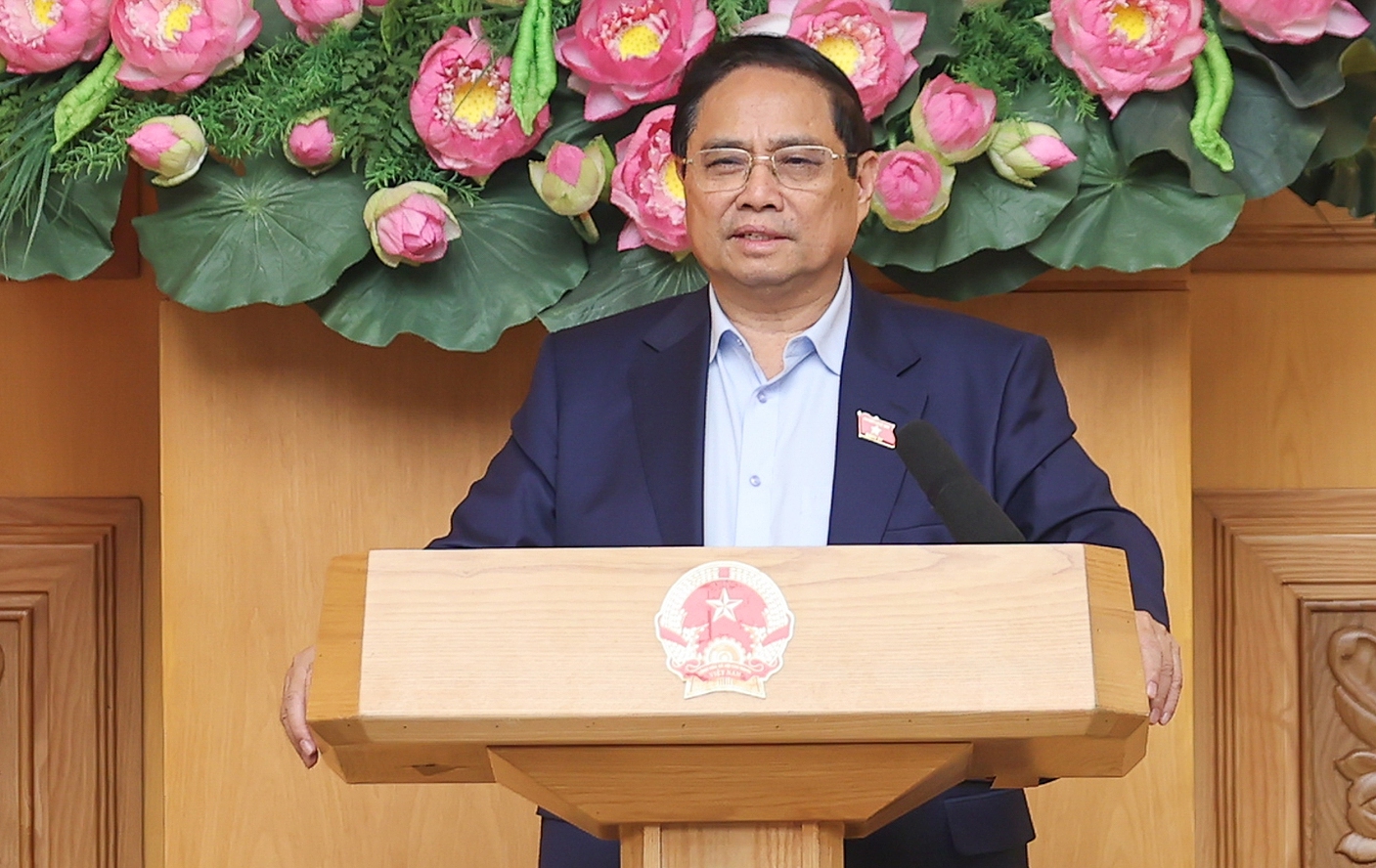 |
Prime Minister Pham Minh Chinh speaking at a government meeting with ministries and sectors on 23/6. Photo: VGP |
Prime Minister Pham Minh Chinh speaking at a government meeting with ministries and sectors on 23/6. Photo: VGP
Regarding fiscal policy, the government will continue to implement tax, fee, and charge exemptions and reductions, along with policies to support businesses and citizens, stimulate production and business activities, and create jobs. Public investment disbursement will be accelerated to drive investment and mobilize social resources, particularly in transport infrastructure, energy, logistics, and expanding development space. Spending will be optimized, and non-essential expenditures, especially recurring ones, will be reduced to free up resources for investment.
Monetary policy will be managed flexibly to control inflation and stabilize exchange rates. The banking sector is instructed to manage interest rates appropriately, expand credit cautiously, and combat opportunistic behavior, gold speculation, and foreign currency manipulation.
The prime minister assigned the Ministry of Industry and Trade, the Ministry of Agriculture and Rural Development, and the Ministry of Natural Resources and Environment, along with related agencies, to ensure market stability, sufficient food supply for domestic needs, and a surplus for export. The Ministry of Industry and Trade will monitor market conditions and prices, ensuring the supply of essential goods, especially energy, electricity, and petrol. The Ministry of Science and Technology will ensure stable telecommunications.
Petrovietnam (Vietnam Oil and Gas Group) is tasked with increasing oil and gas reserves and efficiently operating refineries. Petrolimex (Vietnam National Petroleum Group) and Petrovietnam must ensure a stable petrol supply, preventing disruptions and price gouging. EVN (Vietnam Electricity) must ensure uninterrupted electricity supply under all circumstances. The Vietnam Northern Food Corporation and Vietnam Southern Food Corporation will manage food reserves, regulate supply and demand, and stand ready to buy and sell to stabilize prices.
Furthermore, the prime minister requested relevant agencies to continue improving the business environment to attract investment. The Ministry of Industry and Trade is to research market diversification, supply chain development, domestic market expansion, and measures to combat smuggling and counterfeit goods.
Provincial and municipal People's Committees are directed to promptly stabilize local government structures at both levels to commence operations from 1/7, ensuring no disruption in activities. Localities will coordinate with the Ministry of Industry and Trade and the Ministry of Foreign Affairs to expand markets, stabilize prices, combat counterfeit and smuggled goods, stimulate consumption, production, business activities, and enterprise development.
Phuong Dung





